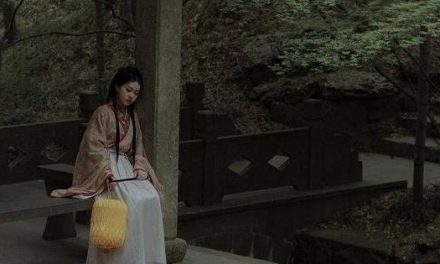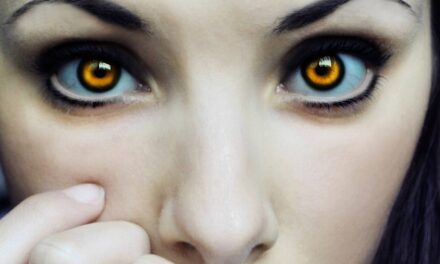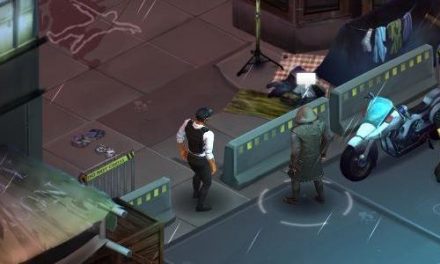In role-playing games where “good” and “evil” aren’t just conceptual ideas but actual game mechanics, like in Dungeons and Dragons, often characters will interact with divine beings – gods and their direct servants – on both sides of the spectrum. Occasionally the question is raised as to which gods or beings are most powerful, or how a given pantheon stacks up against others.
In real-world mythology, there aren’t really such comparisons because we don’t live in a world made up of character sheets. In some belief systems there are obviously more and less powerful beings, but the concept of a strict power hierarchy is fairly alien and ill-fitting. While many games either hand-wave away the question or leave the answer entirely to the Dungeon Master’s feelings, likely both to avoid drawn-out philosophical arguments and to leave flexibility for individual games, I have to say that I’ve always been very fond of the mechanics used by the Forgotten Realms campaign setting, which both give deities powerful abilities and a relative power level that can be compared across pantheons and religions.
In Forgotten Realms, a deity’s power is directly related to the number and conviction of its believers. The god(s) of the sun or of the moon are much more powerful, attribute-wise, than those of grass or friendship, because many more people believe in specific gods for the celestial bodies than do for either terrestrial or ephemeral concepts. Gods can fade as their religions die out, and others supplant them through a sudden increase in adherents. Miracles, answering prayers, and making other visible signs of their power can go a long way to solidifying their place in the heavens, but in the end it comes down to the people of the world and whether or not they believe. I can appreciate that idea a great deal, and it allows for the waxing and waning of different pantheons or religious figures over time.
Another aspect I like of the Forgotten Realms system is the concept of “Divine Rank.” Each deity and demigod has a unique statistic that represents just how powerful they are, both at home and when traveling. A divine rank of 0, which is different than not having the statistic at all, means a creature is effectively immortal, that neither time nor age will kill them. They may have a few other abilities, but this level of power basically ensures that they won’t die accidentally.
As divine rank increases, there are flat bonuses or new powers which are attained. Just like having a higher Strength statistic allows a character to carry more weight without tiring, or a high Intelligence granting extra skill points per character level, different divine ranks grant special bonuses as well. These bonuses include never automatically failing attack rolls, or ESP-like awareness of their surroundings, or the ability to modify their home plane. Any god with a particular rank has all of the listed powers, plus whatever special qualities are unique for them; usually determined by their particular paradigm (a god of death would have different powers than a god of beauty, for example).
Even the lowest levels of divine rank put these creatures heads and shoulders above almost any mortal, and at higher levels the difference is even more severe. Reserved for only the most prolific and world-renowned deities, those few creatures which top the charts automatically succeed on every saving throw, automatically score critical hits on every attack, and might even be able to effect the shape or substance of worlds not their own. A deity’s rank serves both as a gauge of popularity (not necessarily synonymous with “appreciation” or “respect”) and its power level within other divine beings.
I think a lot of games actually lose quite a bit of mystery and intrigue when world-spanning creatures are given statistics, like the heads of Clans in Legend of the Five Rings, ancient elders in Vampire, or great dragons in Shadowrun. What I think makes Dungeons and Dragons different, Forgotten Realms in particular, is that it’s a regular or at least reoccurring theme of the campaigns that player-characters become larger than life, celebrated heroes that sometimes do have to go after gods and monsters to avenge some wrong or set right that which is broken. To me it feels like an integral part of the setting, these characters becoming powerful enough to (barely) challenge the divine, whereas with others the characters’ roles are more those of pieces on a chessboard. Important pieces the story should revolve around, of course, but far removed from the invisible hands that move them.
I suppose it boils down to the idea that if a creature, character, or even god has a stat block, some players will do their darndest to overcome it. With statistics they are no longer forces of nature or immutable parts of the landscape, they become possible to challenge, possible to overthrow. With D&D that may very well be part of the end-goal of the campaign, but it seems ill-suited to other genres or settings.














